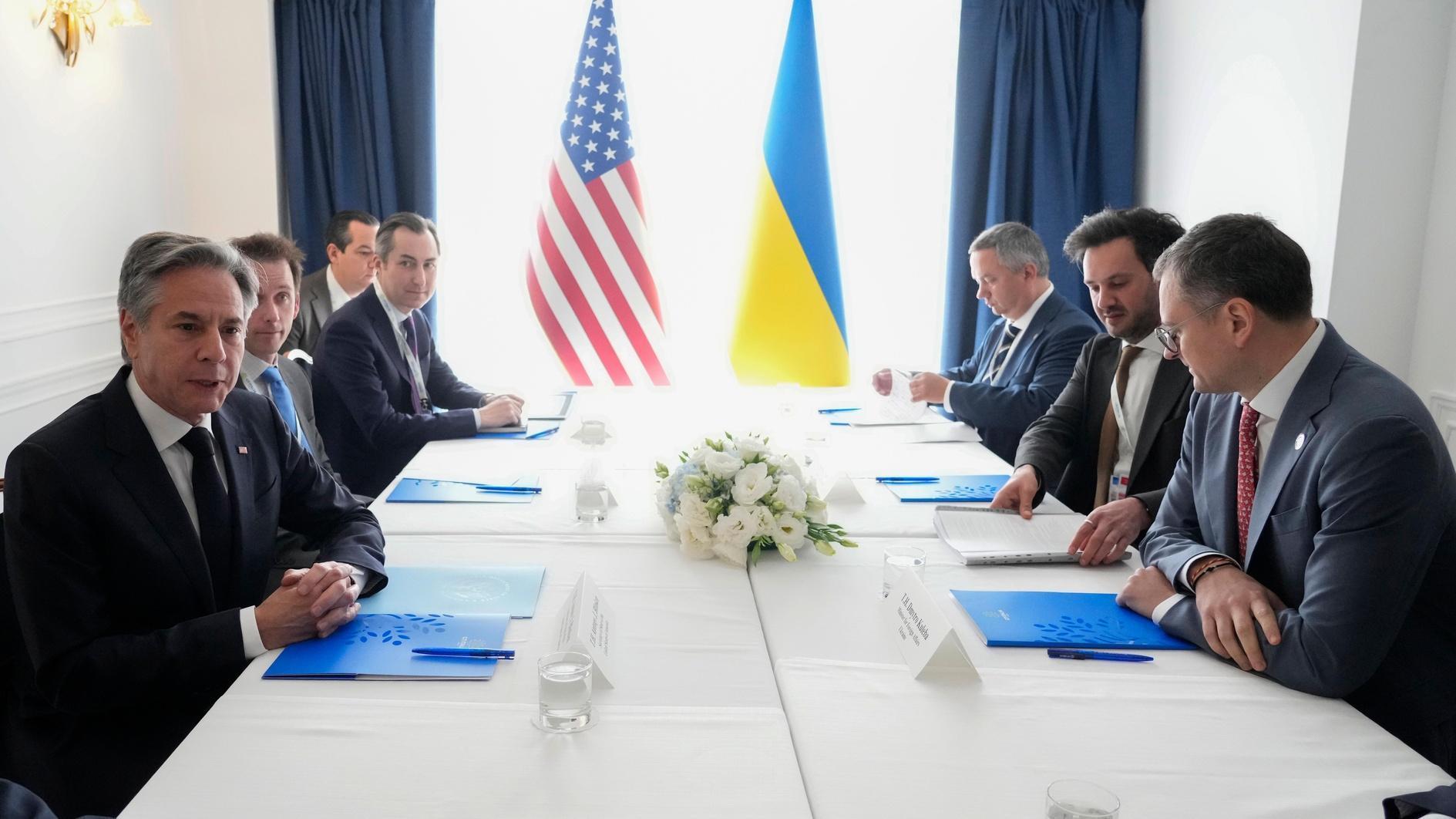Turkey opens its doors to all Syrians fleeing regime
MUNICH
Reacting to the Russian and Chinese veto to a United Nations Security Council resolution to stop the killings of civilians by Syrian security sources, Turkish Foreign Minister Ahmet Davutoğlu said Turkey’s doors were “open to all Syrians who want to flee from oppression.”“We are ready to host them in our homes if necessary,” Davutoğlu added as part of a new stage to step up pressure on the Bashar al-Assad regime.
The move is interesting since Turkey has announced that there could be only two conditions for Turkish involvement in military action in the Syrian situation; a U.N. Security Council decision based on humanitarian reasoning or a massive flood of refugees into Turkey.
Yet the Turkish Foreign Ministry issued a written statement yesterday categorically denying media reports that Turkey and the United States had agreed on a military action plan on Syria in Feb. 4’s meeting in Munich between Davutoğlu and U.S. Secretary of State Hillary Clinton. Davutoğlu made no comment on U.S. Senator Joseph Lieberman’s statement after he said that his country might consider providing weapons to a Free Syrian Army consisting of defectors from Syrian army and forming the military wing of the Istanbul-based Syrian National Council.
With this move of welcoming Syrian regime opponents in need, Turkey wants to trigger a new balance, as Russian Foreign Minister Sergei Lavrov has planned a visit to Damascus to convince al-Assad to stop the violence against his own people. “We don’t want to lose our hopes and we don’t want to let the Syrian people down,” Davutoğlu said. “But Lavrov should have done this months ago.”
The Turkish top diplomat explains the latest move as follows: “Syrian people should not be victimized by a power game between the permanent members of the U.N. Security Council. The U.N. resolution, which was proposed by the Arab League and Turkey who are affected by the Syrian crisis, were vetoed by those who are not directly related with it; it’s an ethical and legalistic weakness regarding international politics. But [even] if the international community prefers to remain silent before this human tragedy, Turkey continues to do whatever is necessary.”
‘One minute’ revisited over arrested journalists
In his statement to the Munich Security Conference, Kenneth Roth, the head of the Human Rights Watch, touched on the issue of Turkey as a model for Middle East countries in transition. “The good news is that Islam is not used in order to put pressure on people,” Roth said. “But not that a democratic model when it comes to the issue of the arrest of Kurdish activists and journalists.”
At the end of the “Building the Middle East News” panel, Davutoğlu asked the moderator Josef Joffe of Die Zeit (who was criticized because of his moderating performance) to have a word to answer Roth.
“But one minute, one minute” said Joffe. “All right, one minute” Davutoğlu said, “But you know what ‘one minute’ means, don’t you?” Davutoğlu joked to Joffe; reminding everyone of Turkish Prime Minister Recep Tayyip Erdoğan’s Davos remark in 2009 when he had been interrupted as he was trying to answer President Shimon Peres of Israel.
Repeating the government line that there was no one in jail because of his or her journalism activities, Davutoğlu told journalists that later on during the break he invited Roth to Turkey to observe the situation for himself.
Nobel Laureate from Yemen asked for Turkey’s support
Nobel peace award laureate Tawakkul Karman of Yemen issued a statement to the conference and got one of the best applauses when she asked for the full equality for women in addition to freedom for peoples of the region.
Following the conference, Davutoğlu met with Karman and congratulated her for her speech and said Turkey supported the “Yemeni revolution.”
In return, Karman (who apparently has links with Karaman town in central Turkey) said that Yemenis looking for a better future had demanded more support from Turkey and were disappointed at not having enough. Admitting that Turkey had focused on the problem of its immediate neighbor (Syria), Davutoğlu said this did not mean Turkey was stopping its support for the Yemeni people in the search for their rights.
Karman also asked those who were heavily injured in demonstrations to be treated in Turkey and for Yemeni students to receive scholarships in the Turkish education system. Davutoğlu invited Tawakkul Karman, her husband, Mohammad, and their three kids to Turkey, promising to take them to the town of Karaman and give them dual Turkish citizenship if they wanted.











